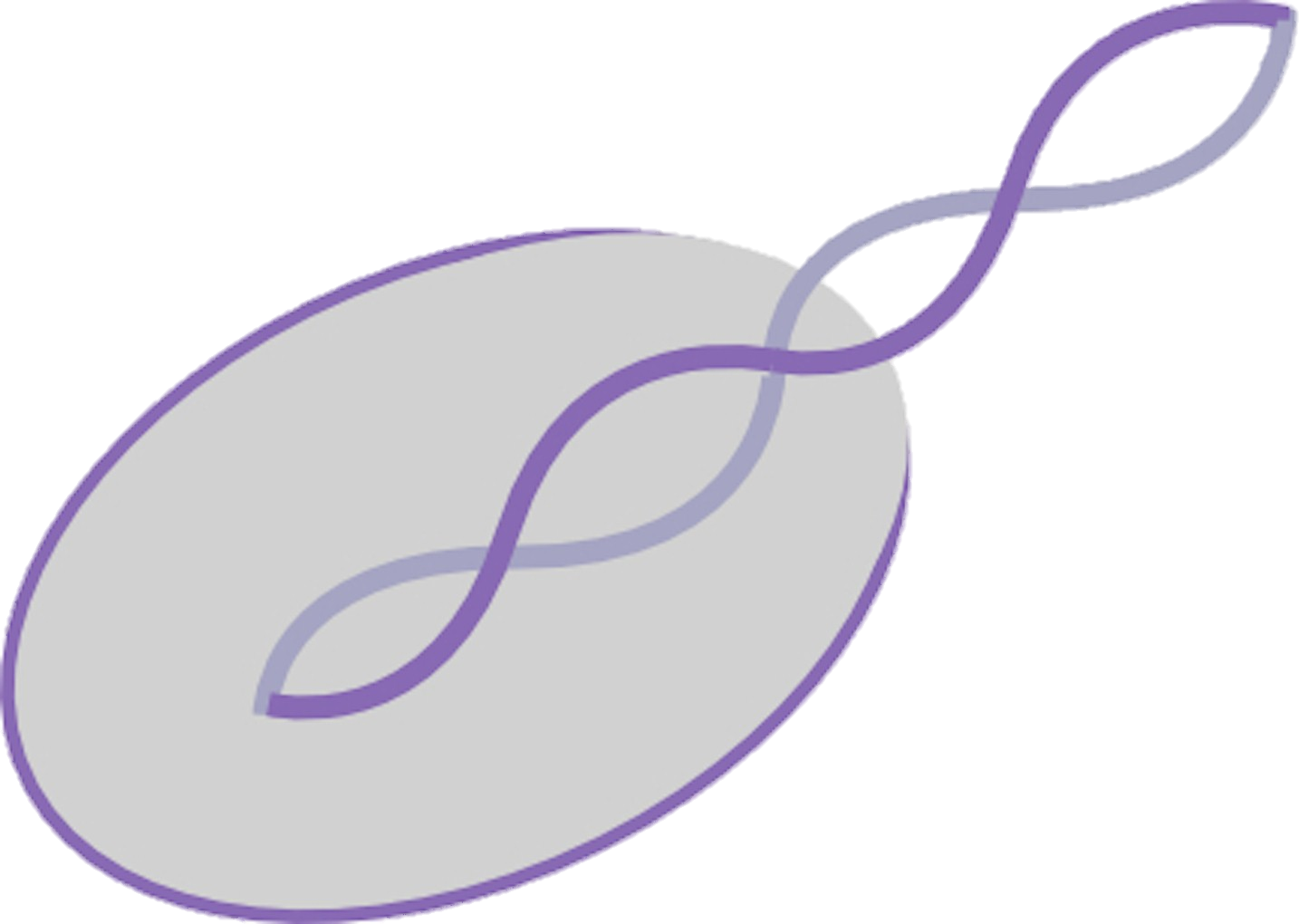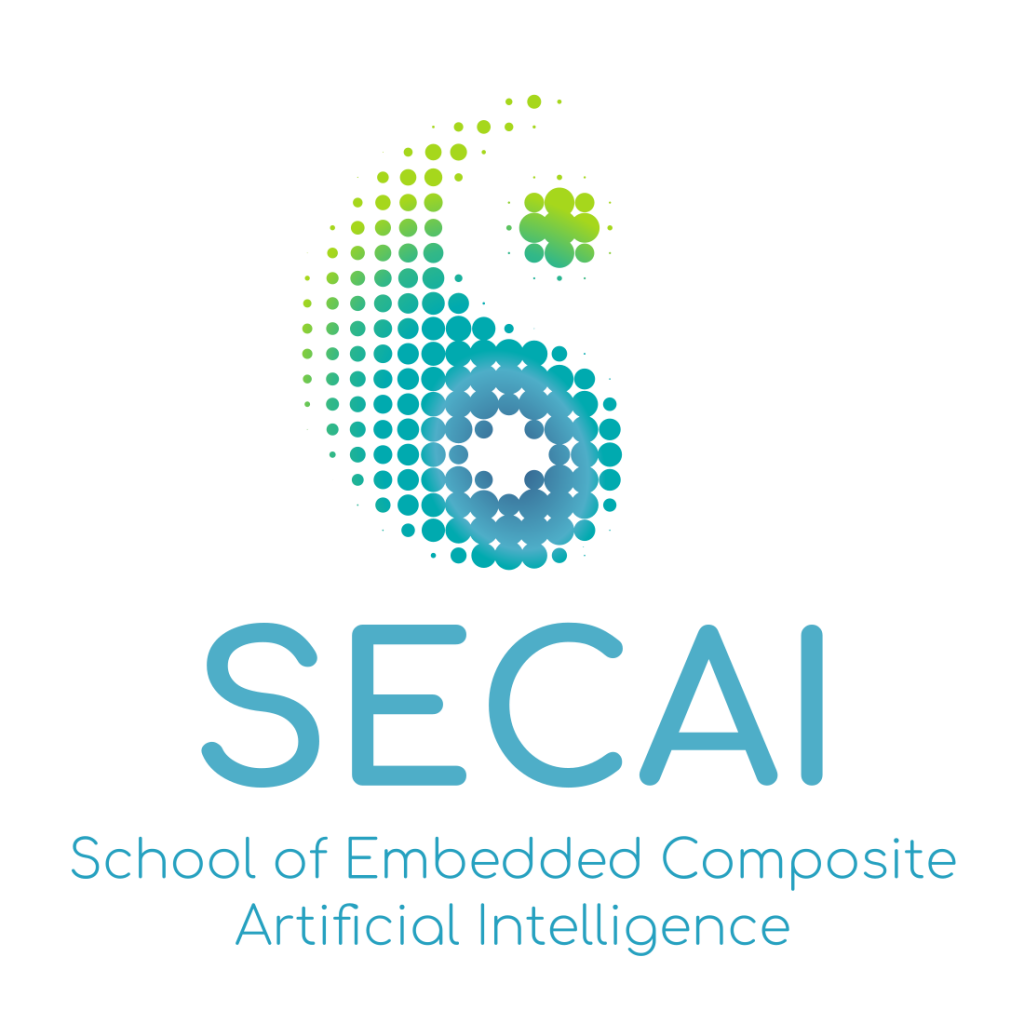The School of Embedded Composite Artificial Intelligence (SECAI) is a joint project of TU Dresden and Leipzig University that fosters AI research and higher education. SECAI integrates university studies, academic research, and industrial applications by sponsoring students, improving teaching, funding researchers, and supporting exchange.
The School of Embedded Composite Artificial Intelligence (SECAI) is one of the three DAAD-funded Zuse Schools that foster education and research in artificial intelligence (AI) in Germany. The concept put forward by the SECAI host universities TU Dresden and Leipzig University is rooted in the tight integration of university studies, research, and applications, which will open up many career paths for young talents to successfully use and advance AI for the benefit of society and economy. Topically, SECAI is guided by two core themes: the development of novel AI methods that combine advantages of hitherto disparate approaches (“composite”), and the integration of AI algorithms into tailor-made microelectronics and intelligent devices (“embedded”). In pursuing these goals, SECAI benefits from the fruitful combination of the internationally renowned, interdisciplinary research of the parter universities and the regional strengths of the Saxon high-tech sites in Dresden and Leipzig.
Among the many application areas of AI, SECAI will put a specific emphasis on digital medicine. Important opportunities in this field arise, on the one hand, through the development of intelligent medical devices, from surgical robotic assistants to intelligent pacemakers. On the other hand, AI also enables important advances in medical informatics and bioinformatics, for example in the development of personalised drugs and improved cancer diagnostics. However, the medical use of AI is not a mere technical challenge but also raises legal and ethical questions, which will likewise be investigated in SECAI.
These core topics determine the thematic focus of many of the activities that are planned in SECAI to foster teaching, research, transfer, and international exchange. Students of TU Dresden and Leipzig University are sponsored through scholarships and are supported in their exchange with partners from industry and research. AI-related teaching programmes will be reinforced and expanded. he exchange with international partner universities, such as King’s College London, ENS Paris, and TU Vienna will be intensified. In addition, SECAI will fund up to 30 doctoral students and clinician scientists to develop the next generation of AI technologies.
Project leader at IZBI: Prof. Peter F. Stadler
Duration: 01.07.2022 – 31.12.2027
joint project third-party founding
Coordinator: Prof. Markus Krötzsch (TU Dresden)

